৩ ফাল্গুন ১৪৩২
Israel: Ceasefire Temporary, Iran Still a Threat
28 June 2025 22:06 PM
NEWS DESK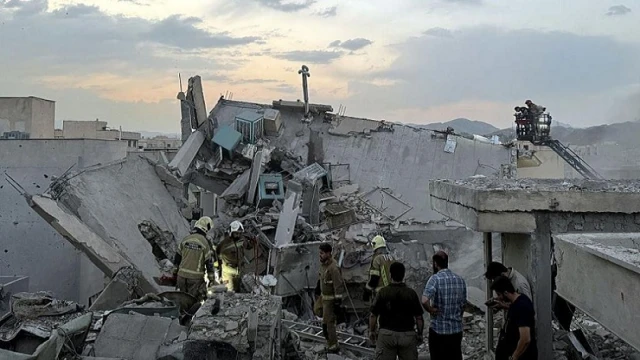
Despite a recently brokered ceasefire between Israel and Iran with U.S. mediation, Israeli officials fear it marks not the end but the beginning of a new and potentially more dangerous phase of conflict. A report published in the Israeli daily Maariv warns that the fragile calm is deceptive and temporary.
Political correspondent Anna Brasky highlights growing concern among Israeli political and security analysts. According to them, the key question is no longer if war will resume but when and where the next round will erupt. “The players haven’t changed. The game is ongoing. No one should assume the conflict is over,” Brasky noted.
Just 36 hours after the ceasefire came into effect, Mossad chief David Barnea reinforced this perspective, stating, “We will continue to monitor all of Iran’s activities. We know what they are doing and will act accordingly.” Analysts see this as a clear warning that the ceasefire is merely tactical.
A Temporary Balance, Not a Solution
The Maariv report describes the ceasefire not as a result of strategic compromise, but rather a temporary alignment of mutual interests. Israel aimed to strike Iran’s nuclear sites and military assets for tactical advantage, while Iran sought to avoid a direct confrontation with the U.S., opting instead for a limited engagement.
Crucially, the ceasefire lacks any formal oversight mechanism or permanent communication channel. Iran was not compelled to halt its nuclear or ballistic missile programs, raising doubts about the deal’s durability.
Brasky warns that the region remains a powder keg, vulnerable to ignition from any number of triggers—missile fire from Lebanon, drone attacks from Yemen, or retaliatory strikes in Syria.
Unstable Peace and a Risk of Escalation
Israeli assessments predict future confrontations will be frequent, short, and highly destructive across multiple fronts. This evolving nature of warfare poses a growing threat to regional stability and calls for a more proactive role from the United States.
Ongoing tension over Iran’s nuclear program persists despite international diplomacy. According to the report, the lack of trust and transparency means that a long-term resolution remains elusive.
President Donald Trump’s role in the crisis was described as “contradictory” and “theatrical.” While publicly declaring the conflict over, he simultaneously issued threats of renewed attacks. He even dubbed the recent events a “12-day war,” likening it to an episode from a TV drama.
Meanwhile, skirmishes continued even after the ceasefire, raising questions about whether this truce signals a path to peace or merely a pause before renewed conflict.
The report also notes conflicting messages from the White House. While one statement claimed Iran’s nuclear sites were completely destroyed, intelligence assessments suggested only minor damage.
Brasky concludes that without a clear decision from Washington on whether it intends to actively manage the conflict or merely observe, the risk of a renewed Israel-Iran war remains dangerously high.





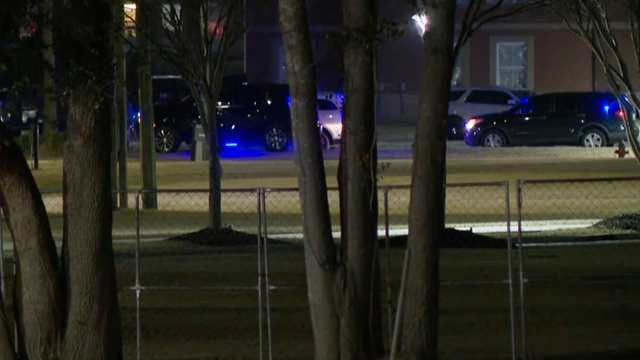
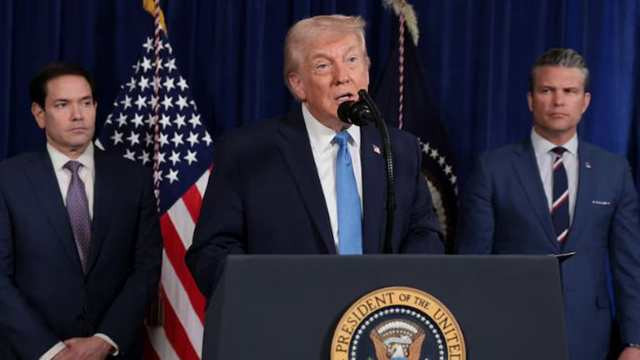
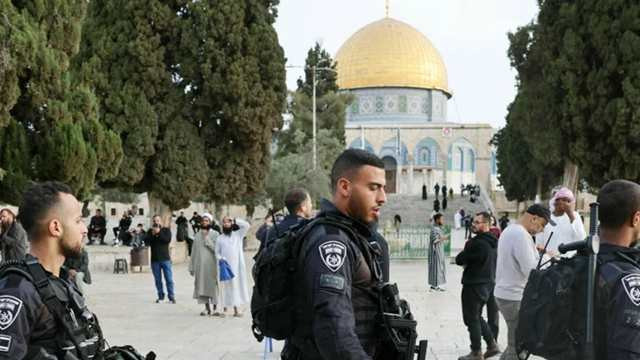
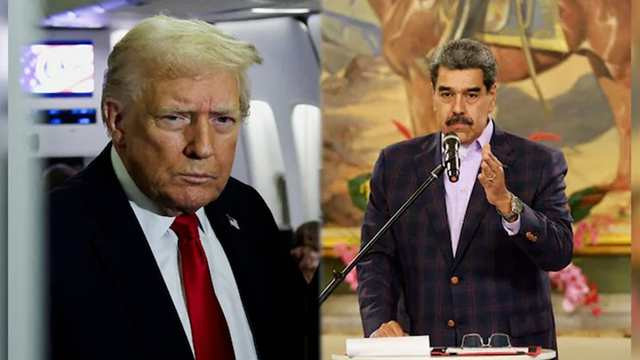
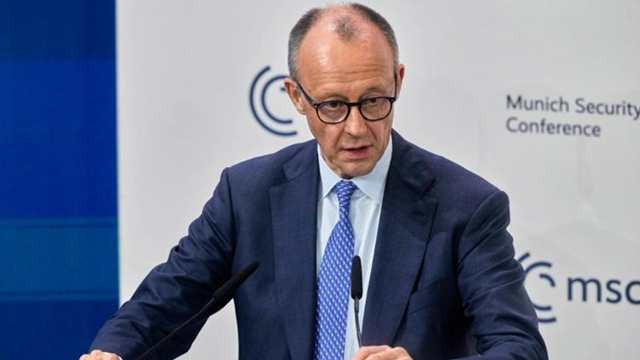
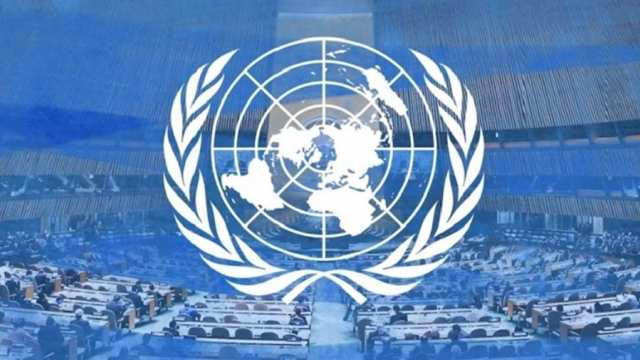
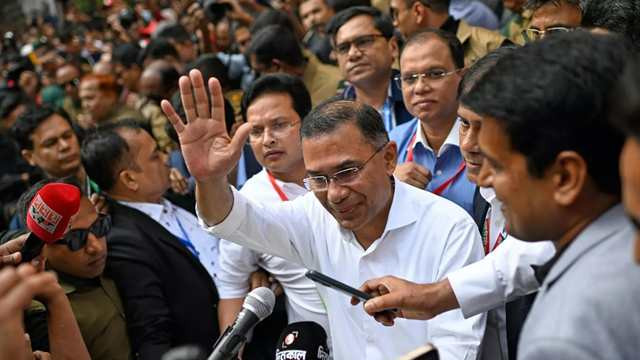
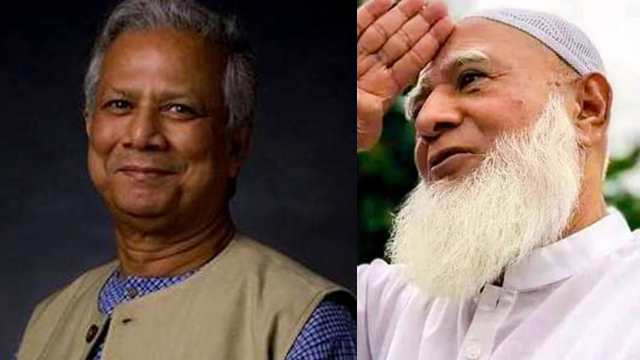

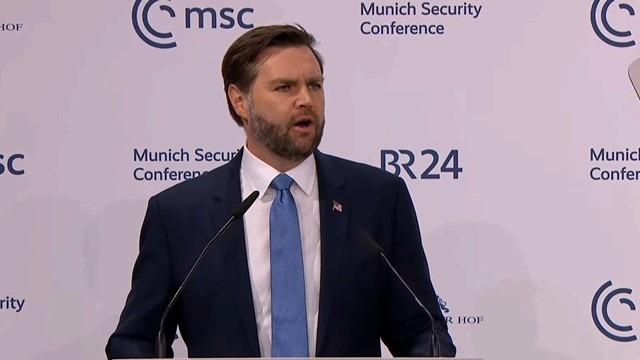
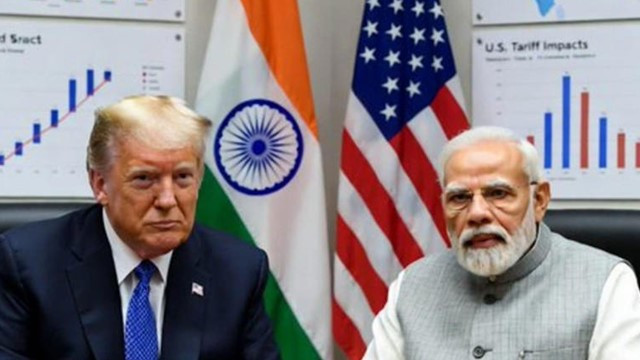
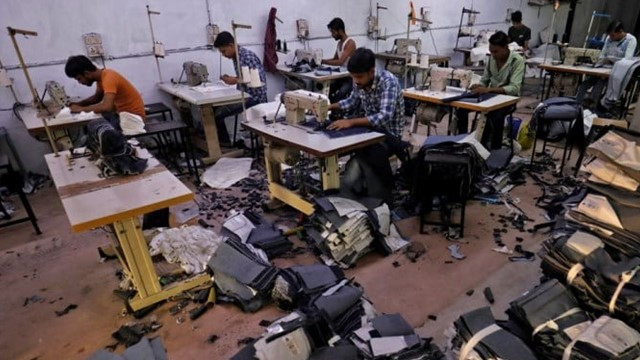
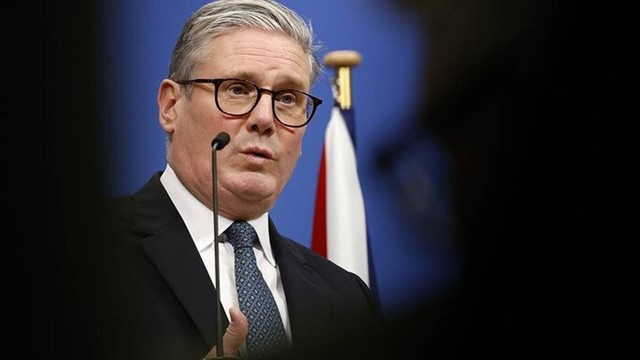
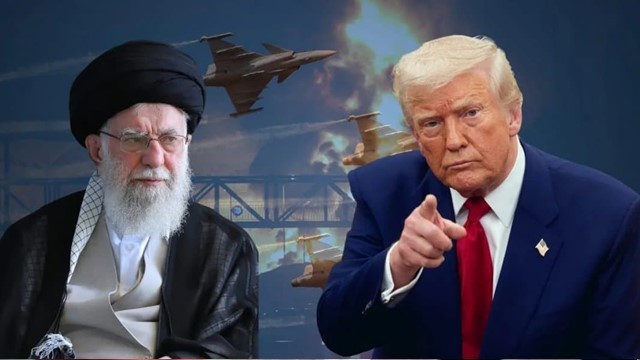
Comments Here: